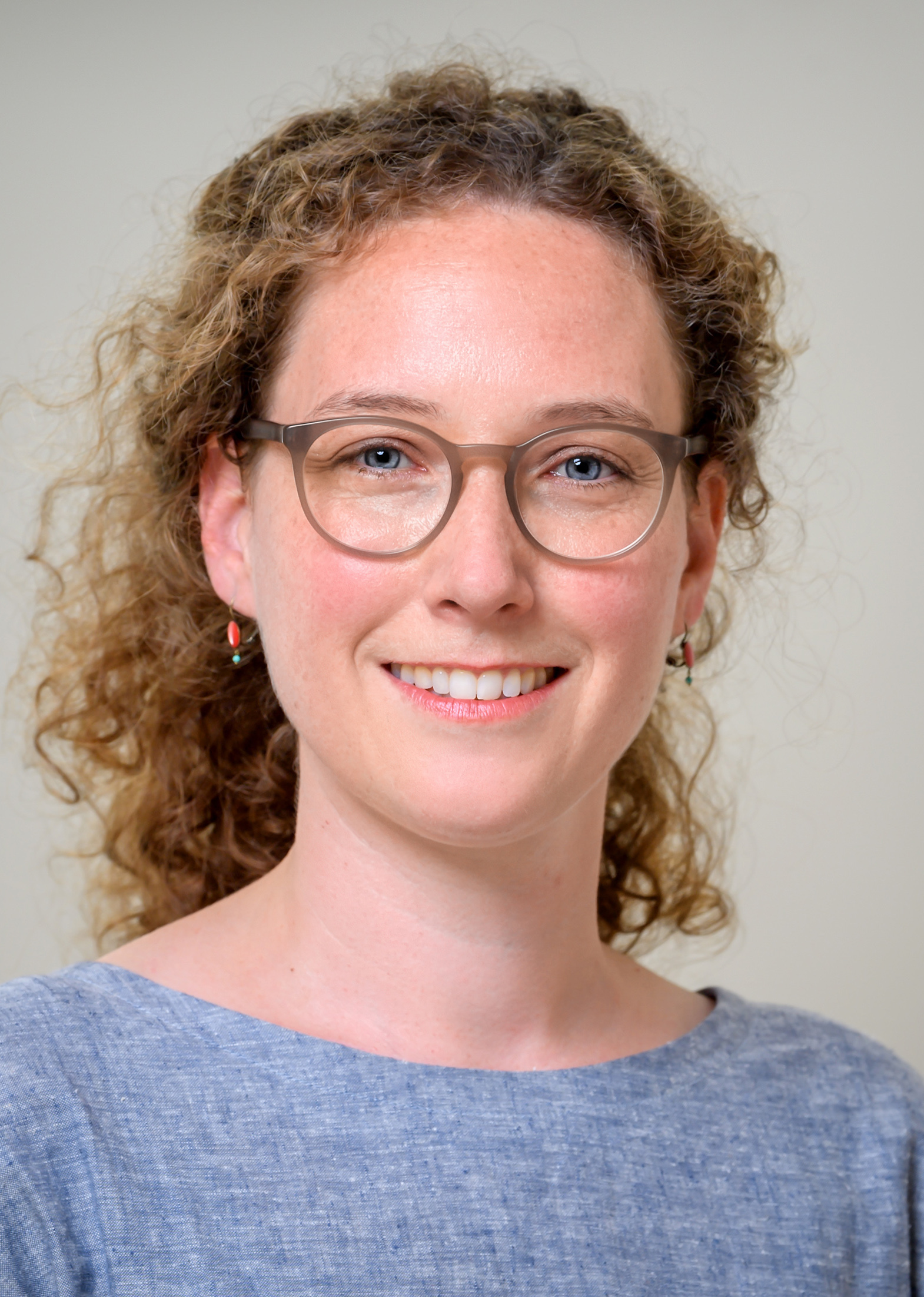Historicizing Ableism and Ageism
- Several Speakers
- Aparna Nair (University of Oklahoma)
- Lara Keuck (Humboldt-Universität zu Berlin)
Historicizing Ageism in Medicine
Lara Keuck
This talk discusses what the history of ageism can tell us about epistemic injustice in medicine. When the term “age-ism” entered the medical debate in the late 1960s, it was presented as a cause for the lack of funding for medical research on ageing. Nowadays, the WHO defines ageism as “an insidious practice which has harmful effects on the health of older adults.” However, ageism not only causes negative medical impacts, but medical research and practice can also contribute to ageism. I will exemplify the complicated relationship between ageism and medicine with respect to the history of an age-related disease, Alzheimer’s disease. My talk closes with reflections on how this perspective raises questions about current employments of age for the stratification of risk groups in present-day medicine in general and for anti-Corona measures in particular.
Centering Disability in a Pandemic
Aparna Nair
Worldwide, more than one billion people live with disabilities. In the middle of a pandemic, this heterogenous group has never been more vulnerable, and paradoxically, they have never been more invisible. Not only are people with disabilities dying in disproportionately large numbers relative to non-disabled people, COVID-19 is also likely to swell the ranks of the disabled, as people who survive are often left with debilitating, long-term illnesses. Yet, this population is comparatively invisible in scholarship on COVID-19, especially relative to race and age. In this talk, I will make an argument for centering disability in our understanding of the pandemic, using examples from the intersections of the histories of medicine, history of public health, and disability studies.
Biographies
About the Institute's Colloquium Series 2020/21
- Presentation
- December 15, 2020
- 01:11:47
Institute's Colloquium: Historicizing Ableism and Ageism
- Several Speakers


